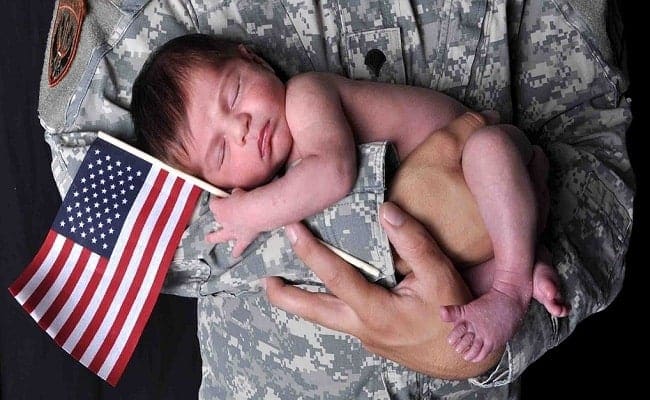Infant adoption through a domestic adoption program can cost anywhere between $20,000 and $45,000 Because adoption is a legal process at its core, the costs associated adoption stem from the services required to legally establish parental rights and take the child home.
There are many factors that account for this wide range in cost (ex: varying home study costs, travel expenses, medical and delivery costs, etc.) and much of it can be attributed to the type of program you choose—its reputation, selectivity, whether it is a “full-service” program or includes limited services. Whichever path you choose, keep reading to find out how to help fund your adoption!

Grants and Donations
Grants and donations are a great way to intensify your adoption funds. In fact, donations are typically tax deductible, which may be an enticement for those considering to donate to your adoption. Organizations such as HelpUsAdopt.org will donate up to $15,000 to help a family complete their adoption. This is a nonprofit organization that is solely devoted to financially assisting prospective adoptive parents. An additional resource is http://fundyouradoption.tv/adoption-grants/ , which conveniently provides an extensive list of adoption grants. You can also raise money through donations or crowdfunding sites, such as fundyouradoption.tv, that are made specifically for adoption crowdfunding and allow you to create a profile as a prospective adoptive parent and receive donations in this network of people. As the popularity of these sites rises, it becomes increasingly common for friends and families to donate to their loved ones’ worthy causes. Consider reaching out to local organizations for matching grants, which means that the money raised is doubled by that organization.
Benefits for Military Service Members
There are adoption benefits for those who have served our country, which can be a great relief for some adoptive families. These “reasonable and necessary” adoption benefits can cover adoption agency, legal, medical, and placement fees. There are some qualifications that must be met to receive these benefits, such as the requirement of at least 180 days on active duty and adopting through a qualifying adoption agency, amongst others. Additional military adoption benefits include non-chargeable leave, healthcare for the newly adopted baby, and an adoption tax credit. For more information visit www.militaryonesource.mil.

Benefits from Employers
If you are employed, try asking your Human Resources department about employee adoption benefits, as the number of employers that offer adoption-related benefits has grown from 12% in 1990 to more than 50% in 2009. Typically, these benefits for adoptive parents are comparable to the benefits new parents receive when having biological children. Forms of assistance usually include resources for information, policies for parental leave, and financial assistance. Additionally, there is a tax credit benefit for adoption, which allowed families to receive as much as $14,300 per child in 2020. To view the requirements, visit www.nacac.org/taxcredit/
Whatever path led you to choose adoption, don’t let the potential costs deter you. There are numerous options out there to help fund your adoption and it is important to explore them. While it may not be common, there are some success stories of adoptive families that were able to fund their entire adoption.
For information about our program or to speak to a case worker, please call 800-637-7999.